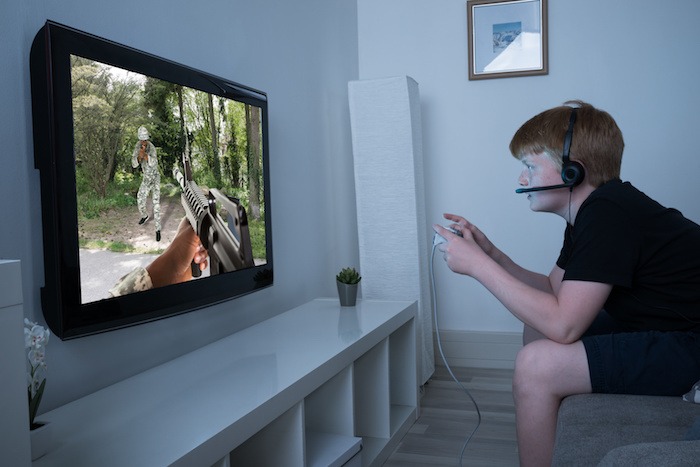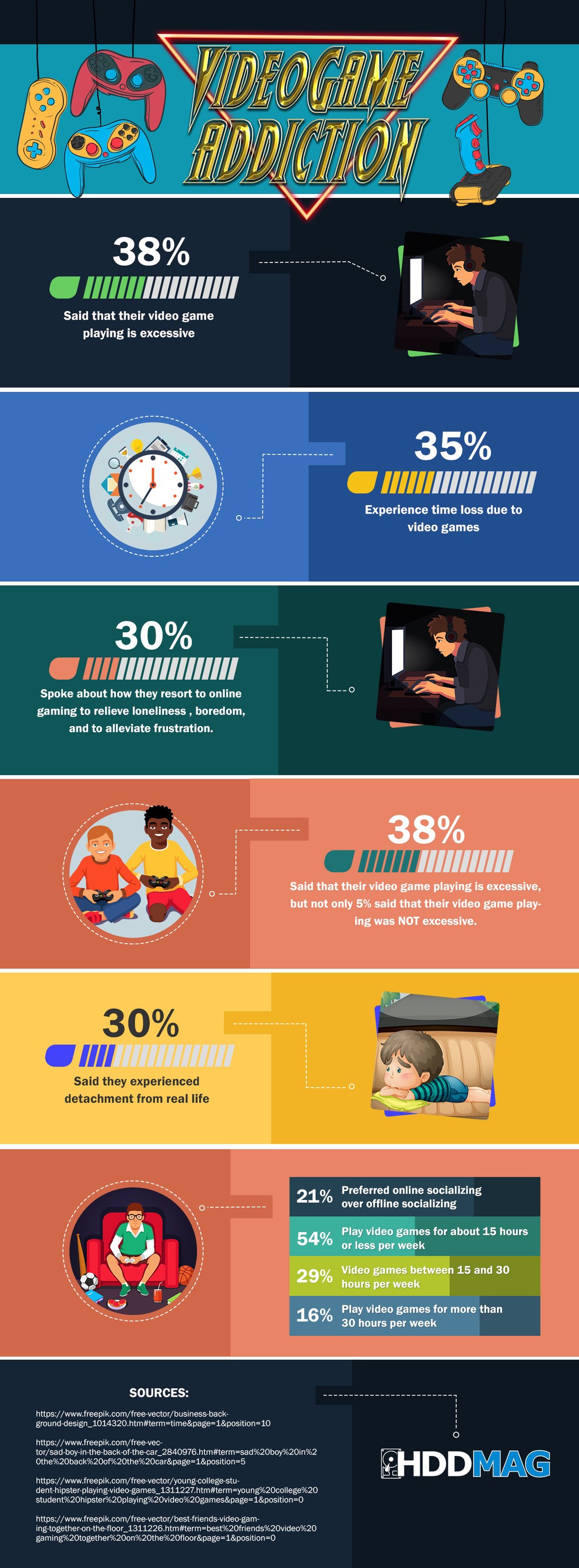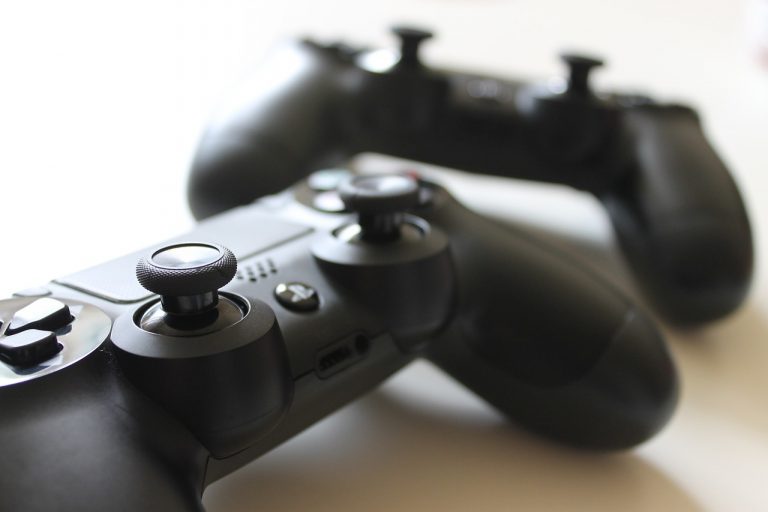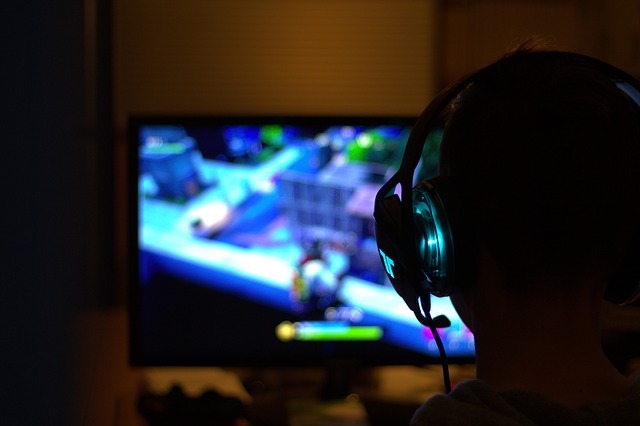Gaming Disorders & How To Game Healthy
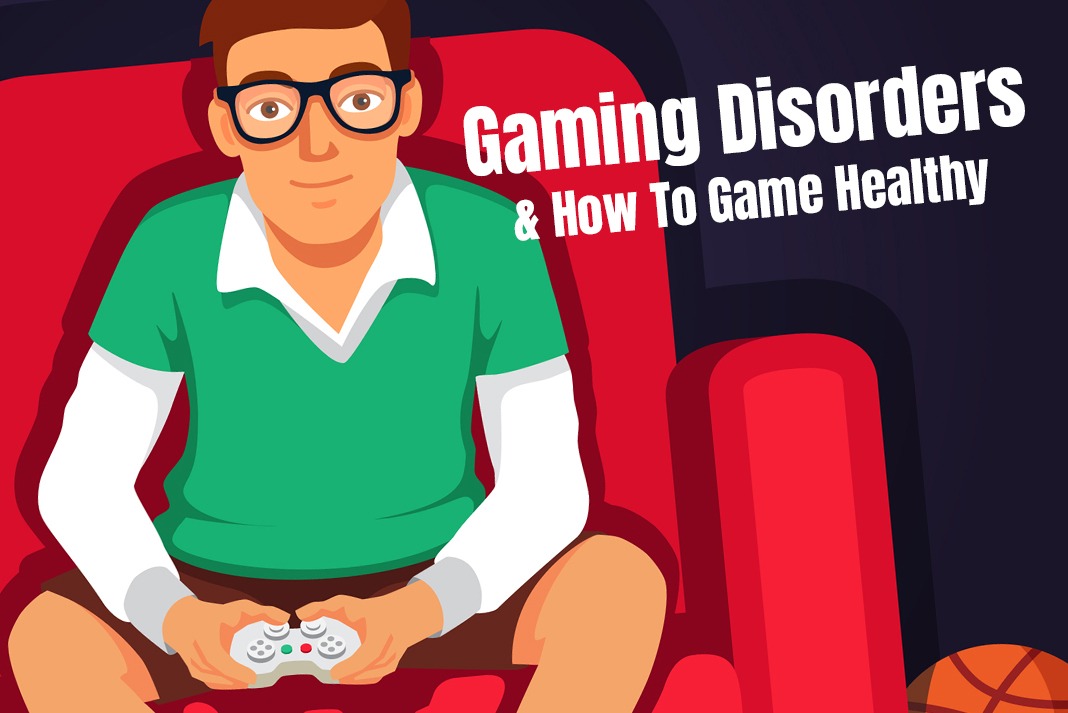
In the technological age that we all live in, most of us are familiar with the terms “technology addiction” and “internet addiction,” but are you familiar with “gaming disorder”? First, let’s take a look at internet/technology addiction, then move on to gaming disorder.
According to a 2015 study conducted by Yunqi Zhu, Hong Zhang, and Mei Tian, “Internet addiction is usually defined as an inability of individuals to control their internet use, resulting in marked psychological, social, and/or work difficulties” (p. 1).
Well, as the internet continued to expand and improve rapidly, so did video games, and excessive video game use can result in an addiction that is very similar to internet addiction. Children all over the world spend hours playing their favorite video games on their favorite video game consoles such as the Xbox One and PlayStation 4. With that said, this recent wave of video game popularity has led to a new phenomenon known as “gaming disorder.”
For the sake of simplicity, we will refer to gaming disorder as gaming addiction. It is essential for us to be aware of gaming addiction, the role of gaming addiction on psychological patterns and development, and how we can create healthy gaming patterns that we can build on.
The Addiction
Most of us do not actually understand gaming addiction and internet addiction because the term “addiction” is typically associated with drug use. So for this example, we’re going to compare internet addiction and drug addiction…
When your body is under the influence of drugs, your brain produces a “happy” chemical known as dopamine that enters the brain’s pleasure center. The result is a “high” or euphoric feeling that you experience. In this case, the drugs are the medium that creates the addiction.
The concept is very similar when assessing internet addiction. When you use the internet, your brain produces dopamine when you get notifications, messages, or whatever peaks your interest. So in this case, the internet is the drug that creates an addiction. According to a 2012 study conducted by Daria Kuss and Mark Griffiths, “As habituation to use and compulsion develops, brain activity changes in that the dorsal regions of the striatum (DS) become increasingly activated via dopaminergic innervation” (p. 348).
Gaming addiction, in turn, is developed in the same way that internet addiction is. When you play your favorite game for excessive amounts of time, your brain eventually develops a reliance on it.
According to The World Health Organization, “For gaming disorder to be diagnosed, the behavior pattern must be of sufficient severity to result in significant impairment in personal, family, social, educational, occupational, or other important areas of functioning and would normally have been evident for at least 12 months.”
Impacts
With the rise of video game popularity, studies concerning psychological gaming disorder have become more and more common.
Zaheer Hussain and Mark Griffiths conducted a study in 2009 that involved 71 participants who were online gamers from 11 different countries. We found that this study was particularly useful because it included both male and female participants that ranged in age from 18 years to 54 years. It was an extensive, overarching study that can be used as an educational tool in the future.
Before we move on, several statistics stood out to us:
Online Gaming, Excessive Play, & Addiction
Hussain and Griffiths (2009) went on to say, “The virtual world was seen as a place to waste time, which led to excessive playing for some gamers. The online community also facilitated excessive play” (p. 749). Not only are video games a place where gamers can waste time, but it is also a place where game specifics give gamers a thrill that they just cannot pass up. Hussain and Griffiths elaborated, “Gamers talked about the raiding, leveling up, and belonging to a guild as factors that caused excessive playing” (p. 751).
To pull things together, when gamers raid and level up, their brains are being filled with dopamine. As the game or adventure builds up, gamers felt a sense of urgency to complete the quest. Only 19% of the participants, however, admitted to seeing online gaming as potentially addictive. The inability to realize the addictive properties of online gaming highlights an even more significant problem; which is spreading awareness to people of all ages that video games are utterly addictive.
Dissociation & Time Loss
35% experience time loss due to video games. One participant (male, age 22, USA), in specific, said, “I have neglected hygiene, eating, sleep, work, and school because of it. It causes restlessness anytime. I’m not playing.”
Time loss points to the design of video games. Hussain and Griffiths (2009) point out, “Gamers experienced time loss, which was associated with particular structural characteristics of video games, such as their multiplayer interaction, multiple levels, and their complexity. Further research on both time loss and its link with particular structural characteristics is needed” (p. 752).
Psychosocial Impact Of Online Gaming
While 70% of the participants spoke about the positives of online gaming, 63% of the participants commented on the negatives of online gaming.
Several participants said that they lost friends and reported other extremely negative things that online gaming has led them to. For example, one participant (female, age 21, Norway) said, “I’ve lost my IRL (in real life) friends because I couldn’t find the time to be with them, I quit school. Whenever someone asks me to do something on the weekends, I always think ‘ooh, but we’re raiding, I really shouldn’t go out,’ and that’s a way of thinking which I really dislike.”
Hussain and Griffiths (2009) pointed out, “These quotes highlighted the potentially adverse effects that were associated with online gaming. Most notably, the experience of losing friends to online gaming is an issue that would appear to require further research” (p. 750).
The Positives To Healthy Gaming
Now that we have examined the negative effects of online gaming, let’s take a look at the positive effects…
Online gamers meet new people online, learn about new cultures, learn about teamwork, and even build new online friendships. Furthermore, online gaming is an excellent place for people to blow off steam and resort to when they are experiencing negative feelings. 30% of the participants spoke about how they resort to online gaming to relieve loneliness, boredom, and to alleviate frustration.
According to Hussain and Griffiths (2009), “Online games were used to relieve everyday stresses and annoyances. Here, online gaming had a therapeutic capability and could perhaps be used in psychotherapy by allowing patients to play online video games in order to relieve negative feelings. Hence, online line games appear to have the capability to bring about positive behavioral changes, as noted in past video game research in psychotherapeutic settings” (p. 752).
How To Healthily Game
It is extremely important that we teach healthy gaming patterns to avoid the harmful effects of gaming addiction, so we curated a list of several ways that you can healthily game. Check them out below…
Keep Your Priorities Straight
If you struggle with gaming disorder, try to make a schedule for yourself and stick to it. Make it a point to take care of your priorities during the day, then reward yourself with some video game time in the evening.
Limit Your Consumption
Once you get the hang of sticking to a schedule every day, limit the time you spend on video games every night. Reward yourself with an hour and a half of video games the first night. The next night, cut it down a half an hour. Work incrementallyto trim the time you spend playing video games.
Play On An Easy or Medium Difficulty
It is easier to get hooked on a game when you max out the difficulty level. The harder it is, the longer it will take for you to complete the game, and in turn, your desire to complete it will increase. Try playing on easy or medium, and thenmove on to the next game.
Set Incremental Game Completion Goals
Instead of bingeing an entire game at once, set incremental game completion goals for yourself. Make it a part of your schedule, and do your absolute best to stick with it!
Try Playing Different Games
If you play video games on Xbox One, PS4, Wii, or PC (you get the picture), download game apps on your phone. Often times, these games are good for mental sharpness and serve educational purposes. It will help satisfy your urge to play other video games! Check out some of the best and most popular game apps for Android and iPhone here.
Final Thoughts
By now, we hope that you see the prevalence of gaming disorder, and that, in many cases, it can get out of control.
We hope that you found this article informative and helpful, as it can be used as a teaching tool to spread awareness for gaming disorder. If you are addicted to gaming, know that you are not alone and that you can take steps to break the disorder or addiction.
Thanks for reading!
Embed our infographic directly onto your website!
<p><strong>Please include attribution to https://hddmag.com with this graphic.</strong><br /><br /><a href=’https://hddmag.com/gaming-disorder’><img src=’ https://hddmag.com/gaming-disorder/wp-content/uploads/2018/10/hddmag-v4.jpg’ alt=’HDDMag.com Gaming Disorder Infographic’ width=’100%’ border=’0′ /></a></p>

